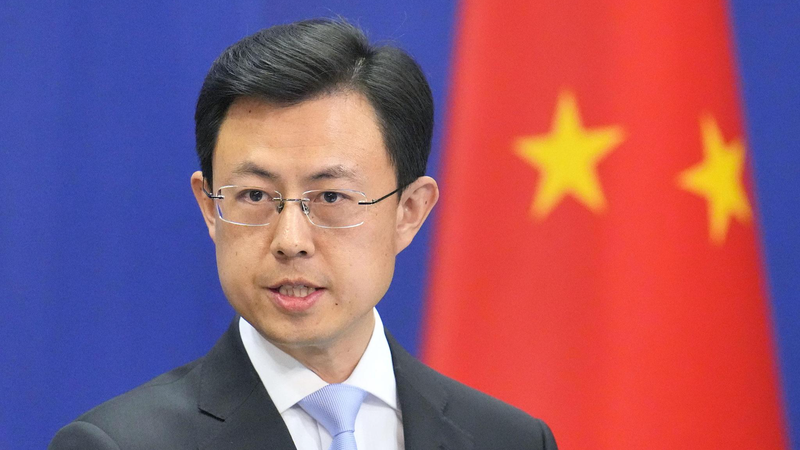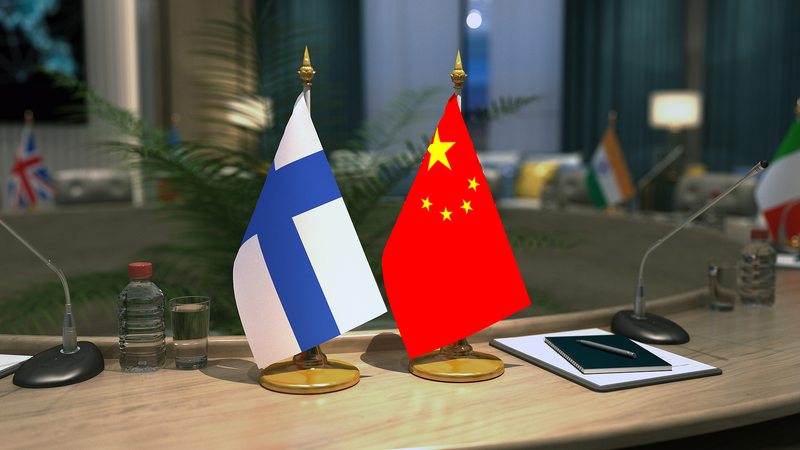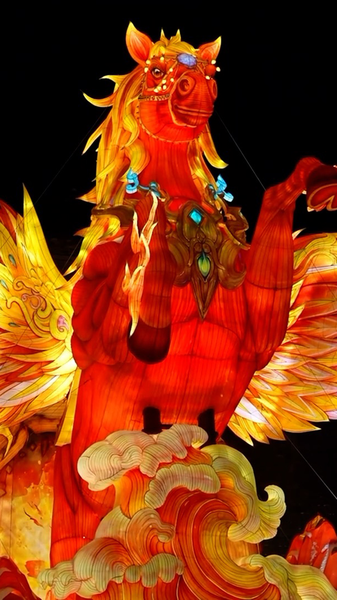Hello everyone! A surge in chikungunya fever cases has caught public attention in Foshan City, south China's Guangdong Province, with over 4,000 confirmed cases as of July 24. While imported cases have been noted since 2008, this is the largest outbreak so far. Read on to learn what chikungunya is, why this outbreak is serious, and how you can protect yourself. 😷
Chikungunya fever is a mosquito-borne illness transmitted by Aedes mosquitoes. The name comes from a Tanzanian word meaning "to bend over" because of the severe joint pain it causes. Typically, within one to two days after a bite, symptoms such as fever, rashes, and joint pain appear. For many, the discomfort lasts weeks, though some experience lingering pain for months.
So, why is Foshan's outbreak particularly severe? Liu Qiyong, the chief expert in Vector-Borne Disease Control at the Chinese Center for Disease Control and Prevention, explains that a blend of factors—global transmission, climatic conditions, and the unique characteristics of the viral strain—has set the stage for a more alarming spread. With the WHO reporting active chikungunya outbreaks across 119 countries and territories, imported cases have met friendly local mosquito populations, triggering concentrated outbreaks.
Temperature is a key factor in mosquito activity. Aedes mosquitoes thrive at temperatures between 25 and 28°C and usually bite during the early morning (7-9 a.m.) and late afternoon (5-7 p.m.). Local control efforts in Foshan are timed to these peak hours to maximize the impact of insecticide spraying.
Prevention is your best defense! Here are some simple yet effective tips to lower your risk:
- Use repellents that are registered and safe. Always check for a valid pesticide number and production license.
- Wear light-colored, long-sleeved clothing when outdoors to minimize mosquito bites.
- Eliminate stagnant water around your home, as it serves as a breeding ground for mosquitoes.
If you are in or planning to visit outbreak regions like Foshan, remain vigilant. Monitor your health for 14 days after travel and seek prompt medical attention if you experience fever, rash, or joint pain. This extra caution can help you get a timely diagnosis and treatment.
While there is currently no vaccine or specific treatment for chikungunya fever, taking these preventive measures can make a big difference. Stay informed, protect yourself, and share these tips with friends and family. Let’s beat the mosquitoes together! 💪
Remember, in our fast-paced and connected world, a little prevention goes a long way. Keep your mobile updated with the latest health tips and stay safe!
Reference(s):
cgtn.com



